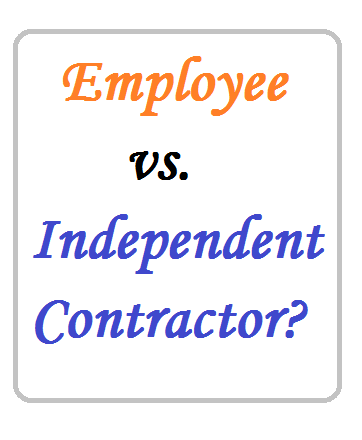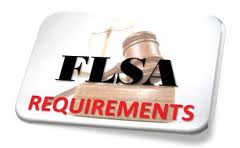Tips for managing your physical health while caring for an aging family member
With Americans living longer lives and often needing assistance to ensure their well-being, more people are providing care for an aging family member. New additions to our vocabulary like ‘sandwich generation’ and ‘caregiver stress,’ have emerged from this reality.
Read More
Topics:
elder care,
senior caregivers,
Senior Health guide,
companionship services
California Governor Brown signed the California Domestic Workers’ Bill of Rights, AB 241, into law on September 26, 2013. The regulations become effective January 1, 2014.
What does this mean to California household employers?
Read More
Topics:
domestic workers bill of rights,
california household employment
Our demanding careers and busy lives sometimes leads us to hire someone to help us out around the house. If you have hired a nanny, housekeeper, elder caregiver, personal assistant, or any other person to provide services in your home you might become a household employer. What does it mean?
Read More
Topics:
nanny tax,
household payroll tax,
nanny tax compliance
The IRS is increasing its focus on improperly classified domestic workers, including those hired to as senior home care professionals.
An adult 18 years of age or older who works in your private home and to whom you pay more than $1900 in cash wages (as of 2014) per year is subject to payroll tax obligations. Distinguishing between an independent contractor and an employee is crucial to remaining in compliance with IRS regulations.
Read More
Topics:
worker misclassification,
worker misclassification independent contractor,
1099 v w-2,
household independent contractor,
senior home care,
senior home-care workers
(1st in a 3 part series)
Q. Our long term nanny quit two months ago to go work for another family. Today I received an unemployment claim form in the mail. Why?
Read More
Topics:
nanny employment termination
Protecting Employee Personally Identifiable Information
Household employers have legitimate needs to collect and maintain their household employee’s confidential data. All employers, and their agents, are legally responsible to protect this information and prevent its access by unauthorized individuals.
Read More
Topics:
household employee background check,
caregiver background screening,
nanny job interview,
nanny background screening
Efforts at the state level to write and pass legislation to increase the legal rights and protections of domestic service workers - nannies, elder caregivers, housekeepers and others - have increased dramatically in recent months.
Read More
Topics:
domestic workers bill of rights
Aging adults increasingly want to remain independent and age in their own home. Grandma or grandpa are really happy living at home and don't want to move out. Their family and loved ones worry, however, because they are not able to completely take care of themselves on their own. It is time to objectively assess the senior's abilities and limitations, and to develop a future care plan that helps them to safely age in place.
Read More
Topics:
elder care,
senior caregivers,
companionship services
Many families that hire a senior or elder caregiver to care for a loved one want to document the arrangement so that all parties - the senior caregiver, the supervising family member, other family members and the senior receiving the care - all understand the terms and scope of the employment agreement. This is a best practice at all times! You will want this document to restate the terms of employment, including hours and wages, and to memoralize the items you originally agreed upon with the caregiver. So what do you need to include in this senior caregiver work agreement?
Read More
Topics:
elder care,
senior caregivers,
companionship services
Direct hiring of senior caregivers by families continues to increase, and families have questions about minimum wage, overtime and whether to pay the elder caregiver when they are sleeping. US News and World Report recently noted that "by a 9-to-1 ratio, people prefer to stay in their homes as they get older rather than moving into an institution." They often become household employers as they hire individual home-care workers to help them age in place.
Read More
Topics:
elder care,
senior caregivers,
companionship services,
companionship exemption,
senior home-care workers










